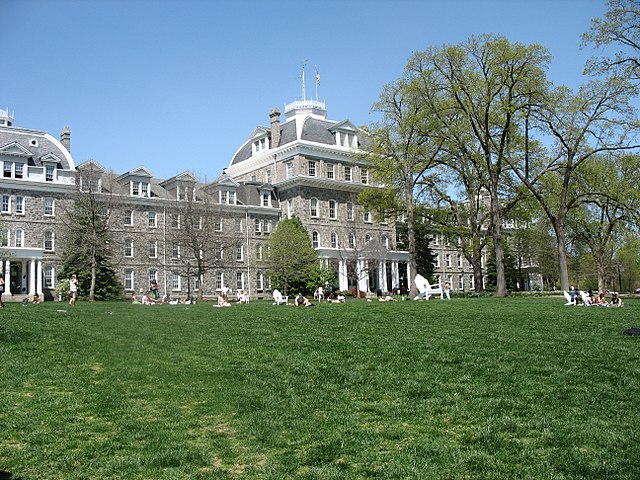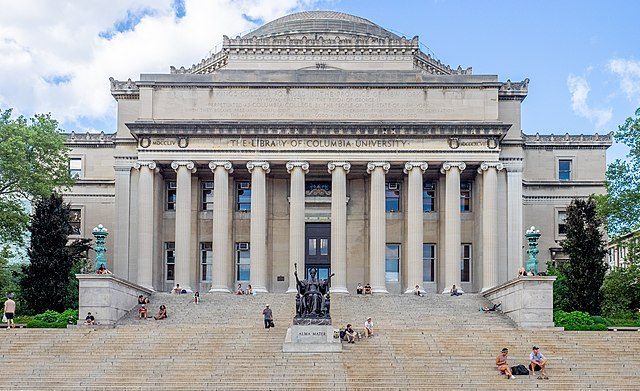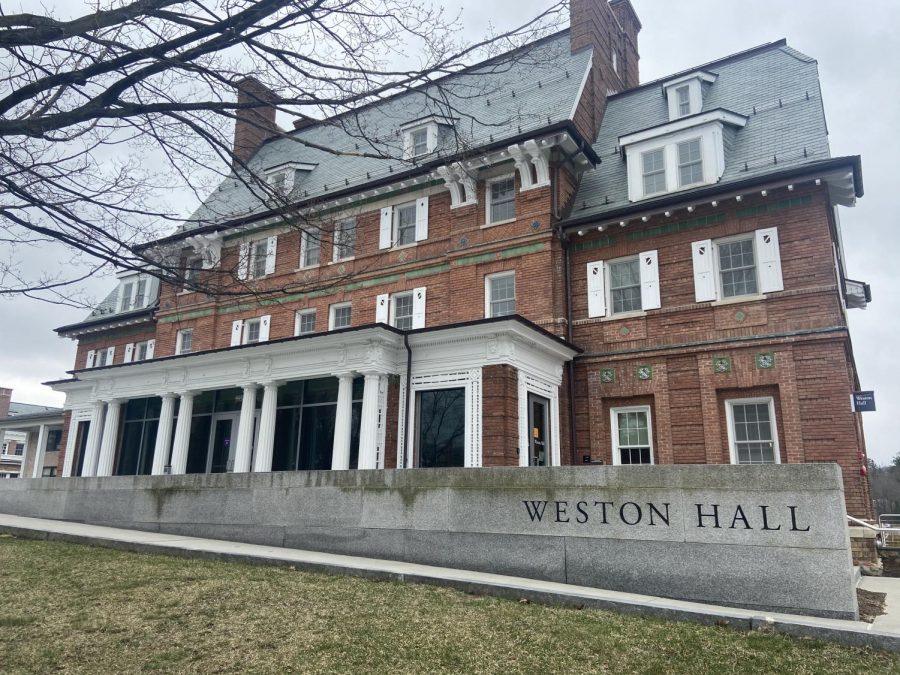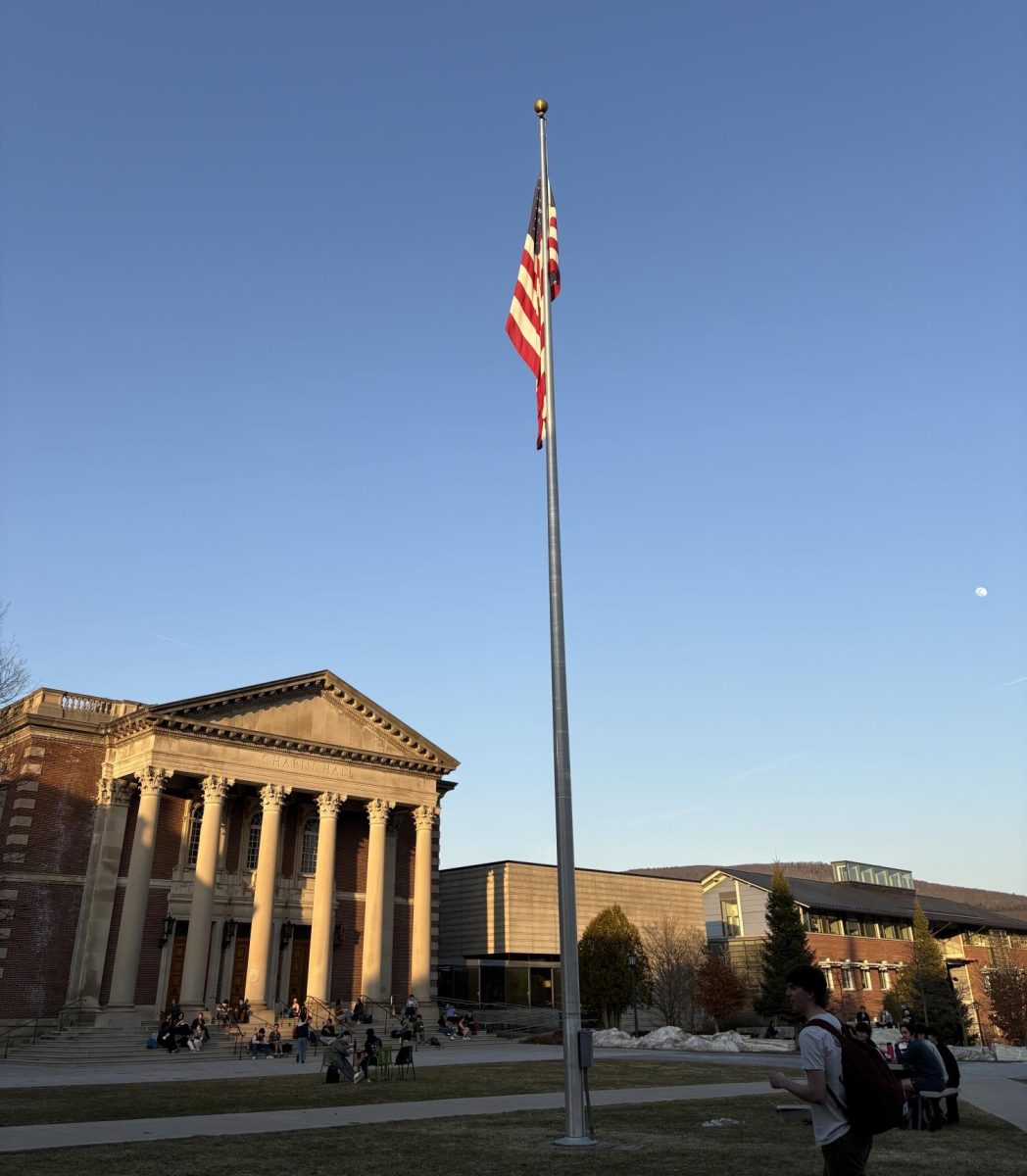During the 2017-2018 academic year, 52,600 students from U.S. colleges studied in China, Italy and South Korea, according to the International Institute of Education, and numbers in more recent years are likely to be similar.
However, colleges around the country have recently faced difficult decisions due to the coronavirus (COVID-19) outbreak that has affected several popular study-abroad locations. Many have halted or cancelled large study-abroad programs.
As of Feb. 29, there have been 79,250 reported cases of coronavirus in China, 3,150 in South Korea and 1,128 in Italy; there have been 67 reported in the US, according to CNN.
The U.S. has suggested increasing travel restrictions and foreign governments are quarantining affected areas in an effort to contain the virus. The Centers for Disease Control and Prevention has recommended that citizens avoid all nonessential travel to China, Italy, South Korea and Iran and postpone nonessential travel to Japan.
Although there are many factors which accompany choices regarding study abroad programs — including financial and travel barriers, accommodation and continued education upon return and the reluctance to cut short the unique scholarly experience of study abroad — most schools have decided that the potential threat to students’ health supersedes these considerations.
Syracuse University closes Florence program
Syracuse has closed its program in Florence, Italy and facilitated the return of the 342 students in attendance. Syracuse Chancellor Kent Syverud said in an interview with the Wall Street Journal that the impetus behind these measures is “to get [the students] back while they still could get back.”
According to Syracuse’s website, all students in the program returned by March 1. Syracuse previously banned travel to China and South Korea, and any students returning from those affected areas have been asked to stay off-campus for the duration of the 14-day incubation period.
New York University (NYU) pauses Italy program
NYU has halted or postponed all operations at its campus in Florence — at least through the month of March — and has urged the 300 students studying there to return to the U.S. and take classes offered by NYU remotely. According to The Washington Post, the university’s officials plan to reevaluate the situation in the upcoming month to decide whether the students will be able to continue their studies in Italy.
Meanwhile, according to a statement by NYU spokesman John Beckman, NYU Shanghai has restructured its classes to be conducted online. Beckman said that school officials “remain hopeful that the authorities in Shanghai will permit schools to open and classes to meet later this semester.”
NYU Shanghai senior Maudie Carey organized a document where over 35 students expressed their “profound gratitude” for the “tireless efforts” of NYU Shanghai faculty, staff and administration who “gave up their rest time to help reorganize [the] spring semester” during what one student called “a very scary and uncertain time for everyone.”
NYU has not reported any cases of the coronavirus but has asked students returning from China to remain in isolation for a period of time.
Other institutions’ study abroad programs respond to coronavirus
Most schools that have cancelled programs are urging students to return to the U.S. by the end of the week. Some schools will allow their students to return to campus but in separate housing, or after a period of time at home, while others are planning distance-learning options. Officials are juggling the necessity of protecting everyone’s safety and the obligation to ensure quality education for students, abroad and returning home, who may have had to halt their program halfway through the semester.
Frederick M. Lawrence, a member of the Georgetown Law faculty, told The Washington Post, “You don’t want to overreact, you don’t want to panic, but you don’t want to be on the back end.”
The following schools have cancelled or postponed study abroad programs or cancelled travel to Italy, China or South Korea: Gonzaga, University of Southern California, Middlebury, Florida International, Fairfield, Sacred Heart, Seton Hall, Elon, Stanford, Cornell, Purdue, University of Chicago, University of Illinois, Dartmouth, University of New Haven, University of Wisconsin-Madison, Duke, University of Georgia, Georgia Institute of Technology, Georgia State, Emory, Marquette, University of Utah and George Mason.
Brown and Johns Hopkins notably have not cancelled study-abroad programs in Bologna, but are limiting students’ travel to other parts of Italy.













